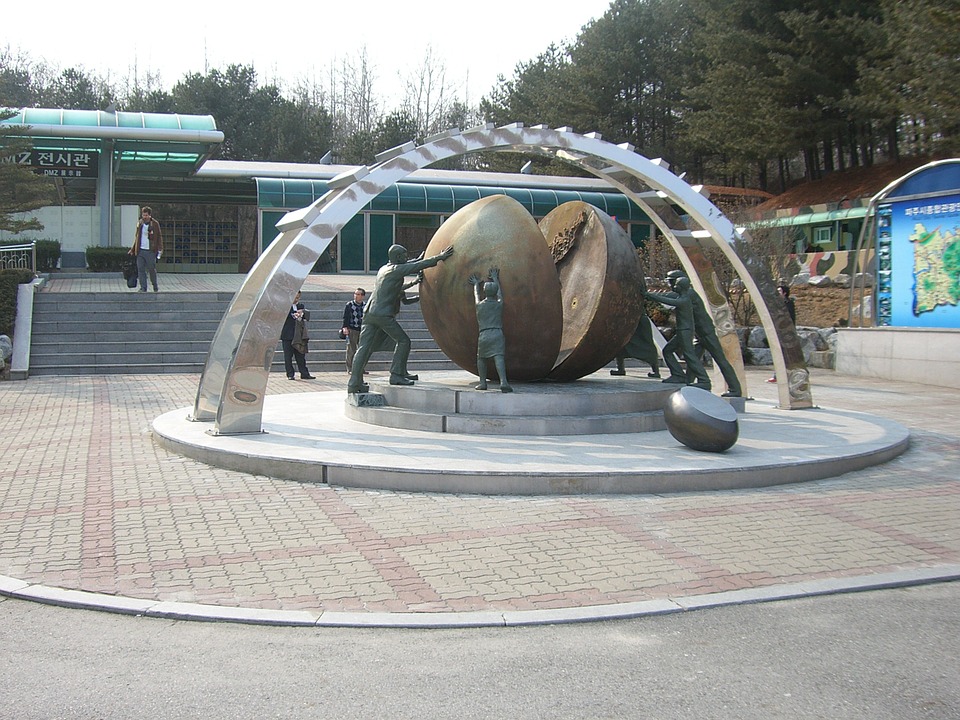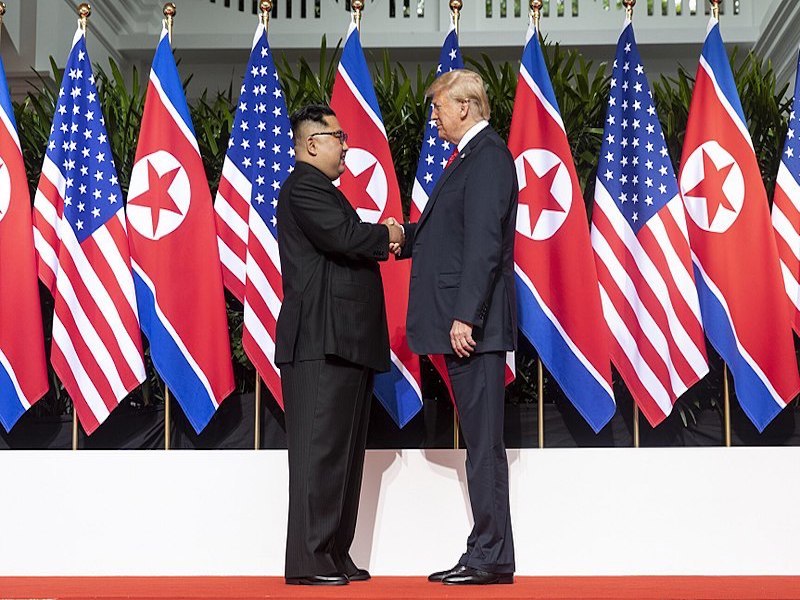NATO has always been a collective defence organization, aimed at repelling an external threat to Alliance members. However, ever since the Harmel Report of 1967, and certainly since the end of the Cold War, NATO’s purview has widened to include a much more prominent diplomatic role, related to a much broader understanding of what constitutes a security concern, without compromising its original mission. Changsung Lee considers whether this latter-day understanding of NATO’s purpose might serve as a template for a future multilateral security structure in Northeast Asia that could facilitate a rules-based order in that region, and perhaps help catalyze the reunification of the Korean Peninsula.
Author: Changsung Lee
Lee Changsung is a senior policy advisor from the South Korean government. He has joined as a visiting scholar at the NATO Association of Canada with the belief that studying NATO will allow him to think of similar models for East Asian states. If East Asian nations such as South Korea, China, or Japan, were to create a multinational organization, similar to NATO, this organization could protect South Korea by limiting the provocations of North Korea.
Evaluation of the Singapore Summit
It has been over two weeks since the Singapore summit ended. Overall, the assessment of the Singapore Summit is negative. In particular, the US media and experts who disbelieve North Korea suggest that it amounted to North Korea’s victory and America’s defeat. But is it true that the Singapore talks were really a failed meeting? Read More…


